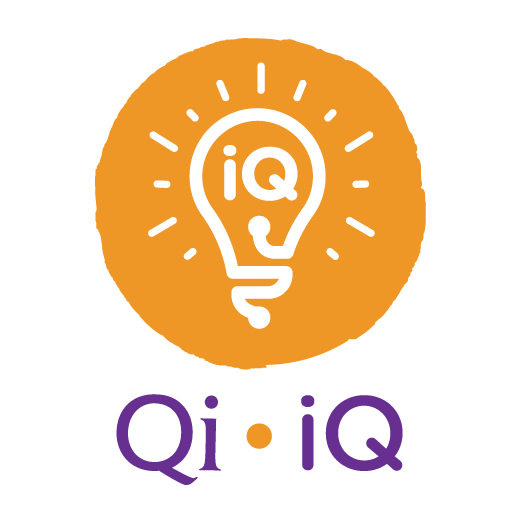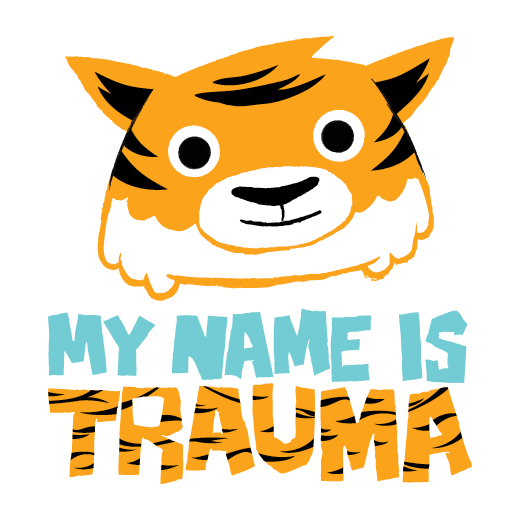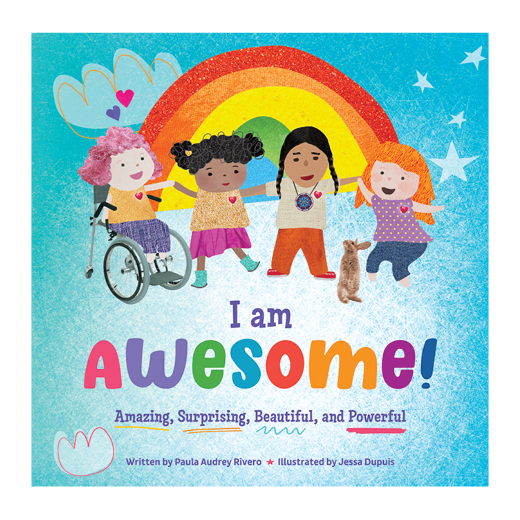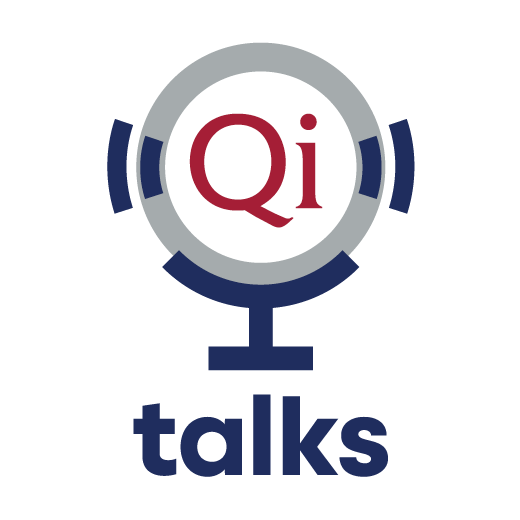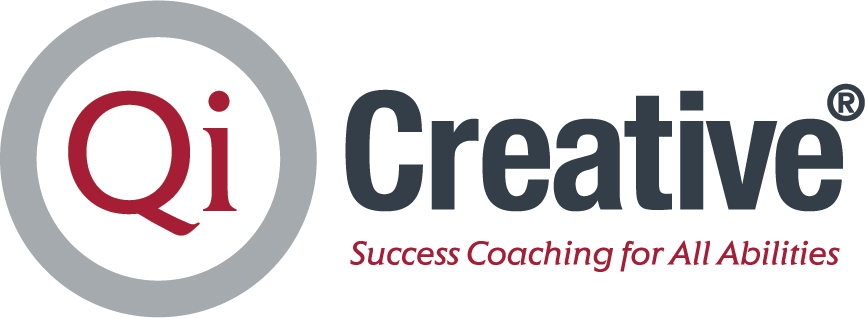Autism Acceptance Month
Above image: Coach Emily (Speech-Language Pathologist) sits with two kids in their tree fort!
At Qi Creative, we enthusiastically embrace neurodiversity. We're dedicated to creating meaningful learning experiences with children, adolescents, families, and schools of all abilities. Let's celebrate the unique strengths and talents that make each individual truly awesome! 💫
April is Autism Acceptance Month! Here’s a few things to know about Autism Acceptance Month and what to consider when observing the month in your workplace, social feeds, and with your autistic loved ones.
More than Awareness
Autism Acceptance Month used to be called Autism Awareness Month. The use of the word ‘Awareness’ has been critiqued in recent discourse, because autistic people need more than awareness: they need advocacy, inclusion, disability justice, and overall acceptance—awareness should be more than obvious throughout the year and not just one month for hashtags and promotions.
In the long tail of disability history, especially in medical models of disability, ‘curing’ autism and autistic behaviors was often considered the goal, and displaying and behaving in neurotypical society along with it. We know far better now, in modern day discourse and research growing by the day, that societal approaches to supporting autistic people—and ACCEPTING autistic people for who they are, is just as important, if not crucial to their success both in our context (the therapeutic working relationship), and beyond (family, community, society).
We have our role as a therapeutic service provider supporting autistic people, but in ways that suit THEM best, and improving their quality of life in the ways they want to live.
Autistic People are not Puzzles
Image description: 4 puzzle pieces are covered by a crossed out symbol, with an arrow leading to an infinity symbol.
Same with understanding that we need more than awareness, the use of puzzle pieces has long been decried by the autistic and greater neurodiversity community as a negative symbol.
Try to avoid puzzle pieces in your promotions, because:
Puzzle pieces suggest autistic people are 'puzzles’ meant to be solved, are hard to understand
Puzzle pieces have been used to suggest autistic people are ‘missing pieces’, that have trouble with/cannot ‘fit’ with others
Puzzle pieces have been used by other organizations that, as mentioned earlier, seek to reduce the expression of autistic behaviors as a marker of success, and ‘cure’ autism
Use The Infinity Symbol
Neurodiversity advocates chose the infinity loop as a more inclusive representation of autism. It shows that autism is a spectrum with many different ways of being.
Plus, it reminds us that autism isn't something to be fixed like a disease; it's about accepting and celebrating differences. An extra fun fact about the gold loop: Au is the chemical symbol for gold, and A and U are the first two letters in Autism.
Acceptance for All
In embracing Autism Acceptance Month, this means acceptance for ALL autistic people: shining a spotlight on hardships and marginalization across the autism spectrum, not only those who have low support needs.
This can be a time where people share success stories, celebrations, and inspirations, which are nice, but can run into the potential of toxic positivity and only celebrating and uplifting autistic people who can align with neurotypical markers of success (i.e. productivity and employment, complete independence), which can cast a shadow on those with higher support needs.
Hear from Autistic People
Check out our blog for past articles on Autistic influencers, topics in disability culture, and even from our own neurodivergent coaching team!
Qi Talks Podcast - AuDHD with Coach Cat (episode launching end of April 2024!)

